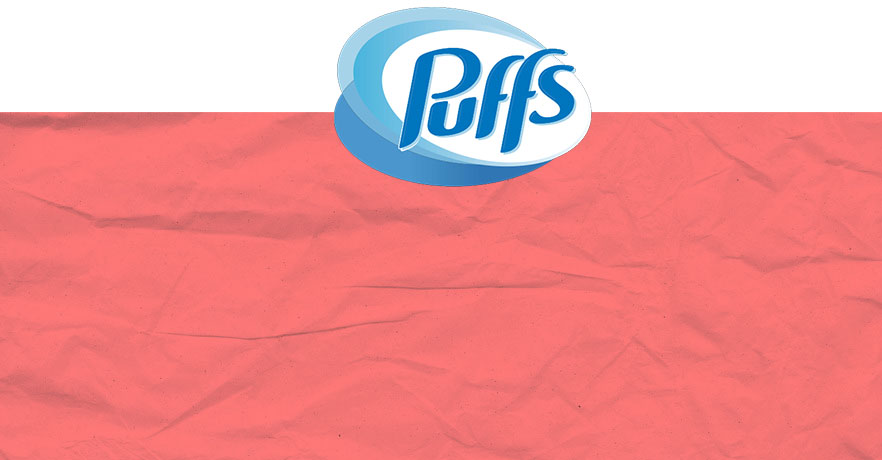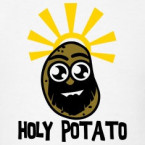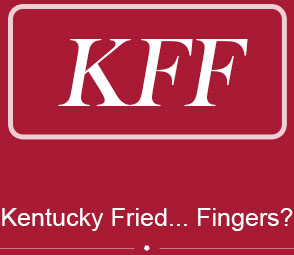This content has been archived. It may no longer be relevant

Marketing plays a big part in globalizing a brand. It ensures that a product or service is properly understood by the consumer, and that the philosophy of the company behind the product is properly conveyed in the best possible manner. But, reaching out to millions of people across different countries and continents usually means having to spread your message in the local language – all the more reason to always check whether the name, tagline, and even the logo of your brand conveys the same meaning in the foreign language as it does back home.
Sadly, these precautions aren’t always taken, and the marketing world is full of stories and rumors about companies that have unknowingly misled or misinformed their audience about their brand, in the regions where they look to expand their product or service, thanks to flawed translations. The following are some great examples of what your average millennial would call “epic fails” in marketing. You’ve probably heard of a few of these… but did they really say that?

The Puffs brand of facial tissues ran into a snag when the company decided to introduce its brand to the German market – they failed to realize that the German word “Puff” refers to a whorehouse. But that’s not all: the company also faced problems in the UK, where it got quite a few negative responses from its customers since the word “puff” is awfully close to “poof”, a derogatory term for a gay man.
This one’s questionable, but certainly possible. Even when companies are cautious about translations, they may not be so attentive about how their branded terms might sound in the target market, and which terms they might resemble.

When the Holy Father planned a trip to Miami, a local T-shirt manufacturer came up with the splendid idea of designing commemorative T-shirts for the Spanish-speaking market for the special occasion. Although the intent was good, the message came across as somewhat demeaning for the Pope. I mean, let’s face it, who would like being called a potato? Which is exactly what the T-shirts allegedly read: “I saw the potato.” To be fair, it was an honest mistake, since the Pope is known as “el Papa” in Spanish, and not “La Papa,” as was printed on the T-shirts, which means “the potato.”
This one is also questionable. A lot would depend on the native language of the T-shirt manufacturer. A native Spanish speaker who is also an observant Catholic would not confuse “la papa” with “el Papa”. It simply wouldn’t happen… but an enterprising (and hasty) anglophone American might. In any case, even if it did happen, no harm was done. I think the Holy Father decided to let this one slide, you know … “in good faith.”

